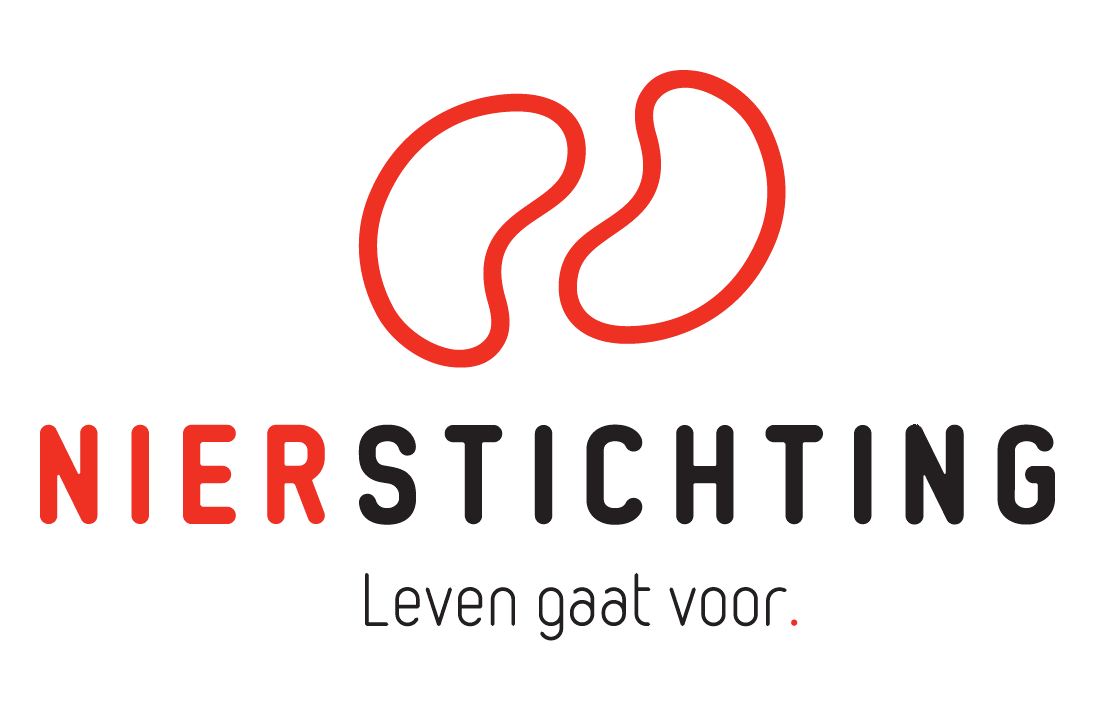(K+onsortium) Targeting Prostaglandins in Chronic Kidney Disease
Project summary
Too much sodium in our food increases both our blood pressure and the risk of cardiovascular disease. Potassium on the other hand has a positive effect on blood pressure and our cardiovascular system. Moreover, potassium possibly has a positive effect on kidney functioning in kidney patients but direct evidence is lacking. In addition, potassium influences phosphate and too much phosphate leads to cardiovascular problems in kidney patients.
This project investigates whether potassium has positive effects on kidney and cardiovascular system in chronic kidney patients, will investigate the biological mechanism by which it protects against kidney damage in cells and laboratory animals, will investigate the relation between potassium and FGF23, an important hormone regulating the phosphate levels and fourthly investigate differences in potassium excretion in health persons versus kidney patients.
Impact
The function and impact of potassium on the body, in particular in kidney patients is being investigated. Previous observations suggest a positive role of potassium in preventing kidney damage and cardiovascular problems but direct evidence is missing. If direct evidence is found it would also mean that patients can prevent damage by having a more potassium-rich diet.
More detailed information
Principal Investigator:
Prof. dr. Ewout Hoorn
Role Erasmus MC:
Coordinator
Department:
Project website:
Funding Agency:
Nierstichting



